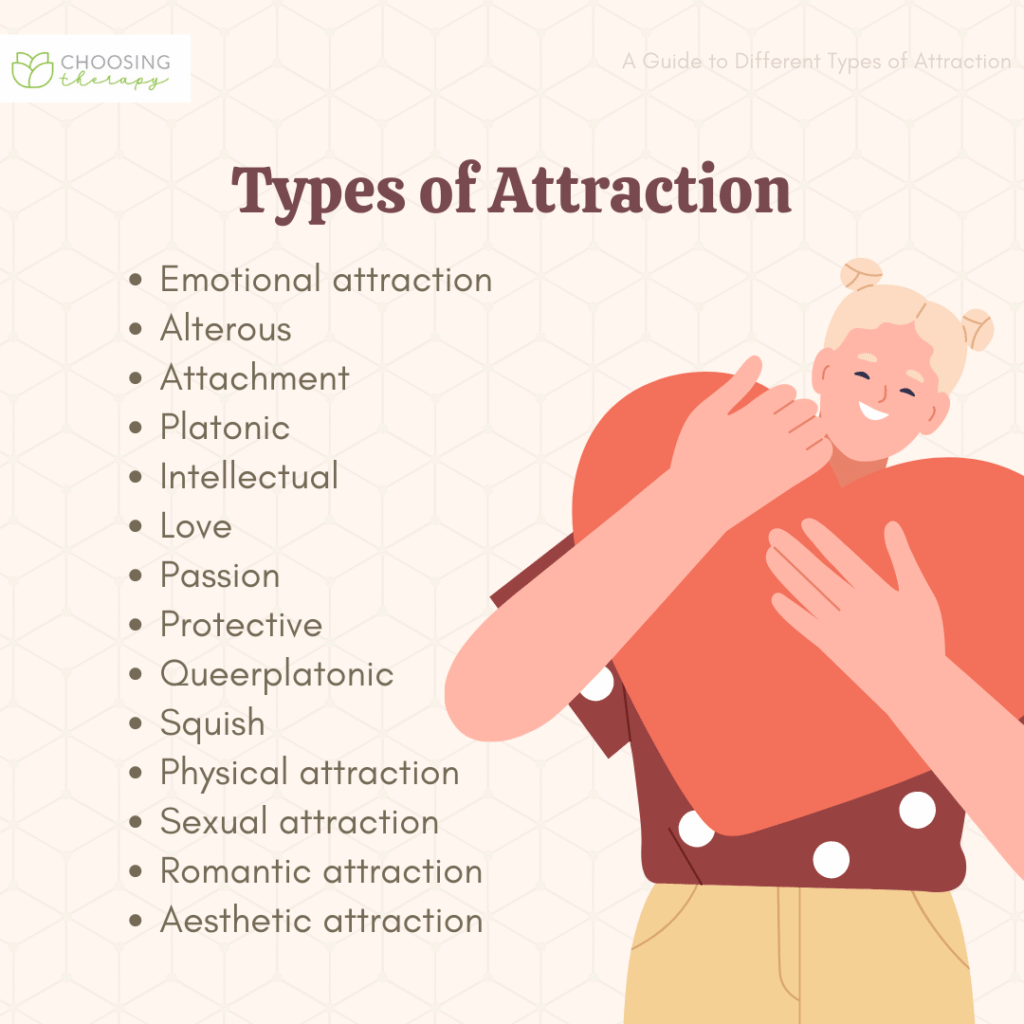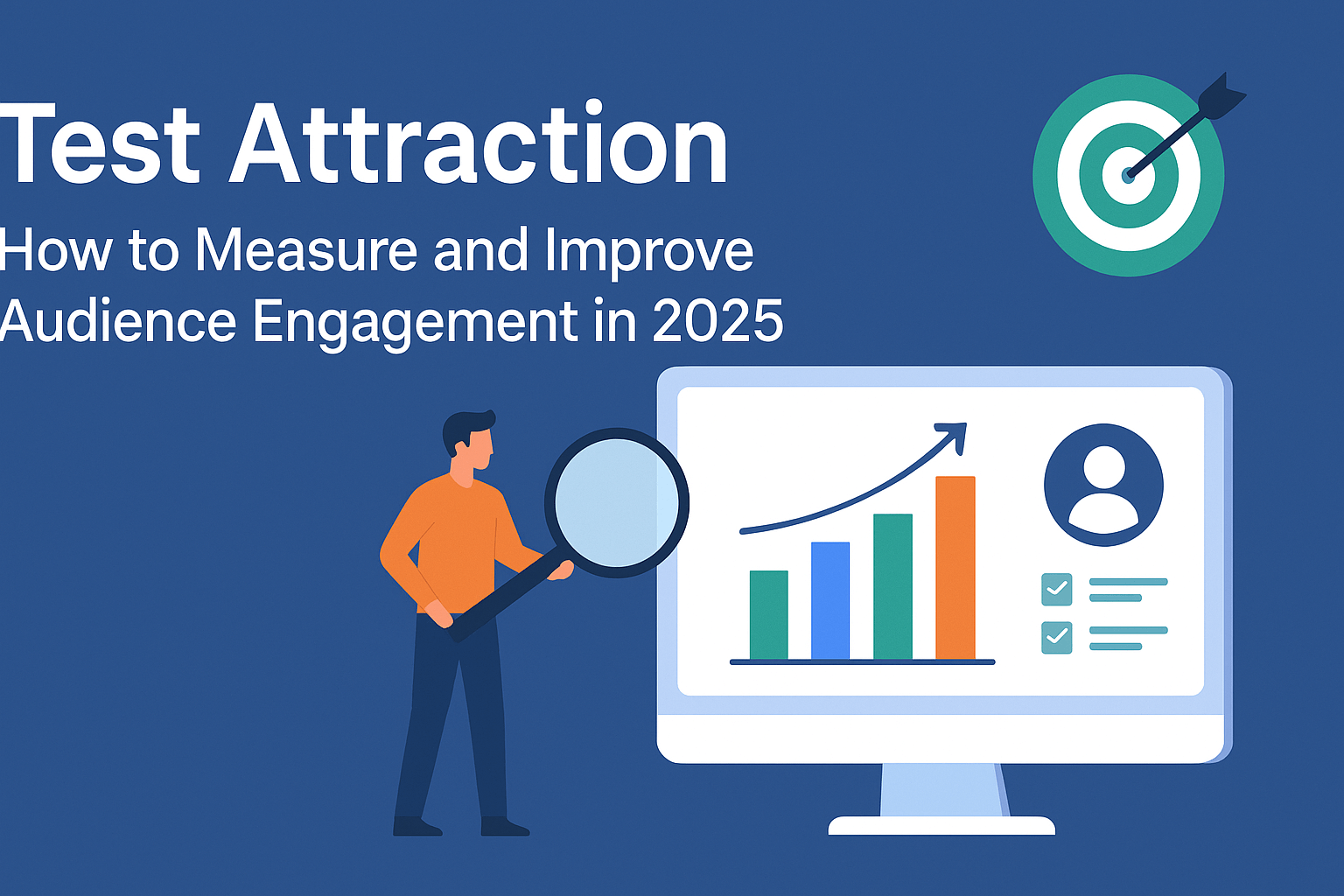In 2025, test attraction has become a critical SEO and marketing strategy. It helps businesses measure user engagement, refine campaigns, and increase conversions. Whether you’re running a blog, e-commerce store, or SaaS platform, testing attraction allows you to optimize performance based on real data.

What is Test Attraction?
Test attraction is a process of analyzing how different types of content, headlines, designs, and CTAs attract and retain users. It is similar to A/B testing but more focused on the psychological pull that keeps visitors engaged.

Why Test Attraction Matters in SEO
Search engines like Google now prioritize user signals such as time on page, bounce rate, and click-through rate (CTR). By running test attraction experiments, businesses can identify which content types perform best. This not only improves SEO ranking but also boosts conversions.
- Better CTR with optimized headlines
- Lower bounce rates with engaging layouts
- Higher conversions with improved CTA placement

Best Practices for Running Test Attraction
To maximize results, follow these practices:
- Run A/B tests on different headlines and meta descriptions.
- Experiment with colors, CTA buttons, and layouts.
- Track heatmaps and scroll depth to understand behavior.
- Link internally to relevant Resources and How-To guides for deeper engagement.

Internal Linking Strategy
Internal links are crucial for both SEO and user navigation. When applying test attraction methods, don’t forget to link to other relevant pages on your site:
- 📌 Check our Reviews section for in-depth product evaluations.
- 📌 Visit our Tools library for recommended SEO and marketing software.
- 📌 Explore Resources to learn more about engagement analytics.

Conclusion
Test attraction is more than just testing headlines—it’s about creating a user experience that keeps your audience engaged. By combining SEO best practices, data analysis, and internal linking, you can increase both visibility and conversions in 2025.


Leave a Reply